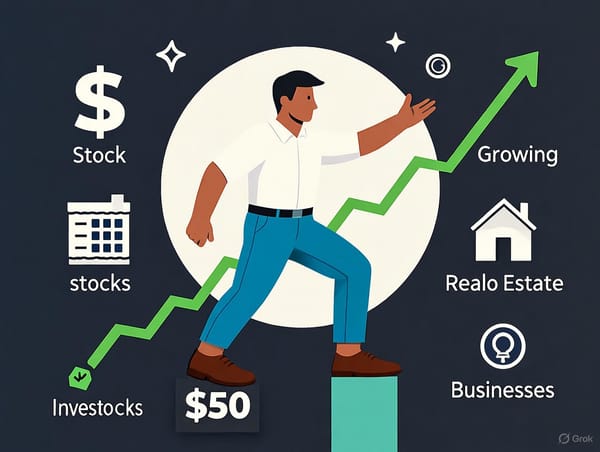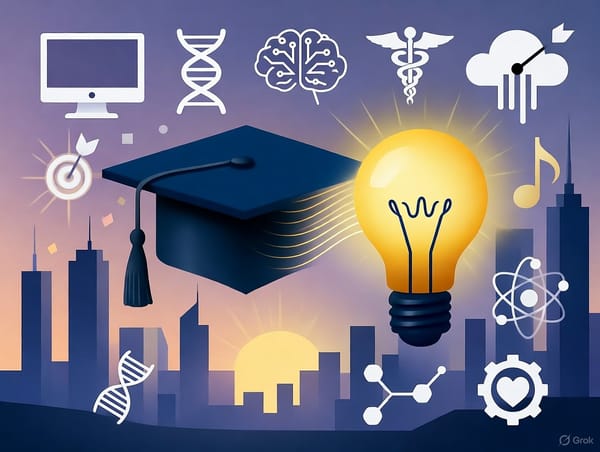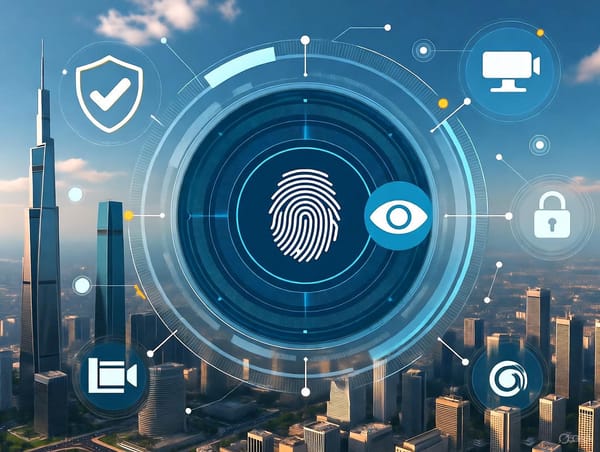Learning to Learn
In a rapidly changing world, learning to learn—driven by curiosity and practical strategies—ensures lifelong adaptability and growth.

In a world of rapid technological shifts and unpredictable change, adaptability is non-negotiable. While specialization offers expertise, the ability to continuously learn—learning to learn—ensures you thrive. This post explores why this skill is essential, how curiosity drives growth, and practical ways to make learning a lifelong habit.
Why Learning to Learn Matters
Automation, AI, and emerging industries are reshaping jobs. A 2024 McKinsey report estimates 30% of current roles could be automated by 2030, demanding constant upskilling. Learning to learn equips you to tackle challenges, break down complex problems, and stay relevant. Beyond professional survival, it fosters personal growth, mental agility, and resilience, turning change into opportunity.
The Role of Curiosity
Curiosity fuels learning. A 2018 study in Cell shows it activates the brain’s reward system, making learning enjoyable and sustainable. Curious minds connect ideas across fields—like a developer exploring psychology to enhance app design—and treat setbacks as growth opportunities, building resilience for an uncertain world.
Balancing Specialization and General Learning
Specialization builds credibility, but over-specialization risks rigidity. The T-shaped skill model offers balance: deep expertise (the vertical bar) paired with broad, transferable skills (the horizontal bar) like problem-solving or communication. A doctor studying data analysis or a marketer learning AI can enhance their core skills while staying adaptable.
Practical Strategies for Lifelong Learning
- Adopt a Growth Mindset: Believe skills improve with effort. Reframe “I’m not good at this” to “I’m not good yet.” Celebrate effort-driven wins.
- Set Micro-Goals: Break big goals (e.g., “learn Python”) into daily tasks (e.g., “one coding lesson”). Apps like Coursera or Duolingo make this easy.
- Diversify Sources: Mix books, podcasts, X discussions (#Upskilling2025), and webinars for varied perspectives.
- Practice Active Learning: Use the Feynman Method—explain concepts simply to deepen understanding—or apply skills in real-world scenarios.
- Reflect Weekly: Journal about what you’ve learned and how to apply it.
- Join Communities: Engage on X or local meetups to share ideas and stay motivated.
- Experiment: Try gamified apps, hands-on projects, or AI tools like Grok on x.ai to find what works.
Overcoming Barriers
- Time Constraints: Use AI apps like Blinkist for quick insights or time-block 15-minute sessions with Notion.
- Fear of Failure: Start in low-risk settings, like anonymous online courses, to build confidence.
- Information Overload: Curate high-quality sources and set clear goals to stay focused.
The Rewards
Lifelong learning keeps you competitive and fulfilled. Take Susan, a 40-year-old accountant who learned data visualization and AI, pivoting to a financial analyst role with renewed passion. On a broader scale, curious learners drive innovation and resilient communities.
Conclusion
Learning to learn is a lifelong superpower. Embrace curiosity, balance deep and broad skills, and start small—join an X community or commit to 10 minutes daily. Your next adventure awaits.





